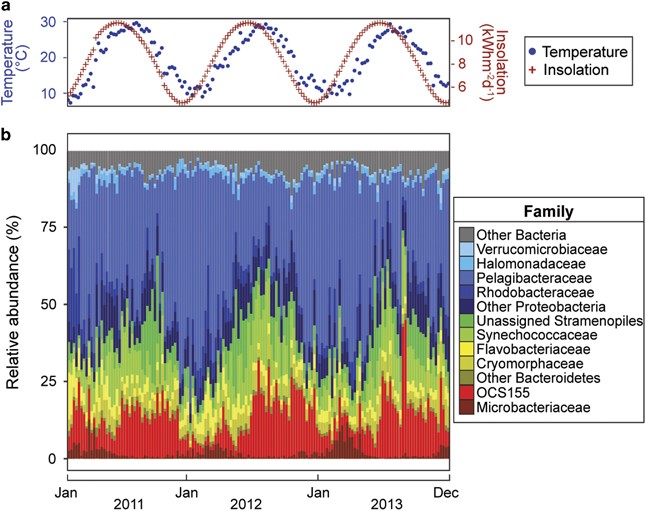
- Select a language for the TTS:
- UK English Female
- UK English Male
- US English Female
- US English Male
- Australian Female
- Australian Male
- Language selected: (auto detect) - EN
Play all audios:
Omicron has been circulating in the U.S. for just about a year now, and in that time, researchers have learned more about the variant, including the symptoms it can cause. It isn’t always
the case that a new version of the coronavirus brings about a new batch of symptoms. In fact, when comparing variants, there are usually more symptom similarities than there are differences,
says Scott Roberts, M.D., assistant professor and associate medical director of infection prevention at Yale School of Medicine. And for the most part, that seems to hold true with omicron
and its subvariants, including the now-dominant BA.5. But health experts have noted a few differences between the omicron family and its predecessors. For instance, some studies report that
loss of taste and smell — once a telltale sign of COVID-19 — occurs less often in omicron infections. It doesn’t even make the list of the top five symptoms in the ongoing ZOE COVID Study,
according to a Sept. 13 update. And when comparing rates of smell and taste loss during the earlier phases of the pandemic to more recent variant waves, researchers from Virginia
Commonwealth University found that the chances of the symptom occurring were 17 percent for omicron, 44 percent for delta and 50 percent for the alpha variant. A sore throat and hoarse voice
may also be more common among people infected with omicron, compared with delta, researchers in the U.K. discovered. Their study, published in _The Lancet_, also suggests that brain fog and
dizziness are less prevalent in omicron cases. SYMPTOMS OF OMICRON BA.5 VARIANT The symptoms that arise from a case of COVID-19 caused by the now-dominant omicron strain — known as BA.5 —
don’t seem to differ from those caused by its parent variant or any of the other omicron offshoots, experts say. According to the American Medical Association (AMA), the most common symptoms
of BA.5 are: * Fever * Runny nose * Coughing * Sore throat * Headache * Muscle pain * Fatigue IS OMICRON A MILD VARIANT? Omicron and its subvariants are highly contagious — they’re even
known for reinfecting people who recently got over COVID-19. Still, omicron appears to cause less severe illness than previous variants, the Centers for Disease Control and Prevention (CDC)
notes. Research also suggests that people who are infected with omicron are sick for shorter periods of time than those with delta. That said, lots of different factors can affect the
severity of symptoms, the CDC says, and vaccination status is one of them. By the time omicron arrived near the end of 2021, we had a “more highly vaccinated population,” says Laraine
Washer, M.D., an infectious disease physician at University of Michigan. And ever since, vaccine and booster eligibility has only expanded.








